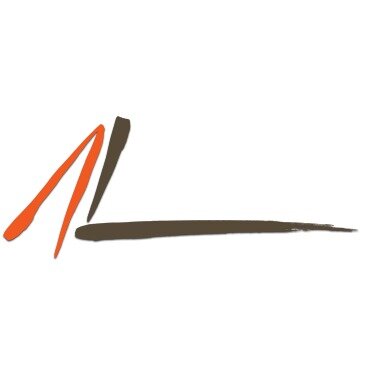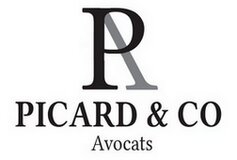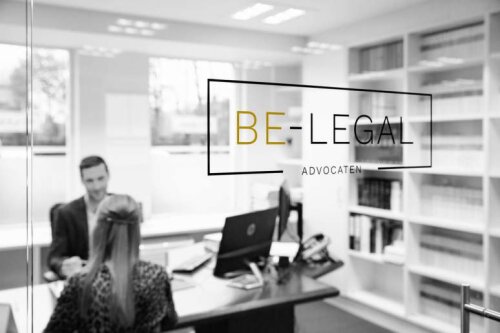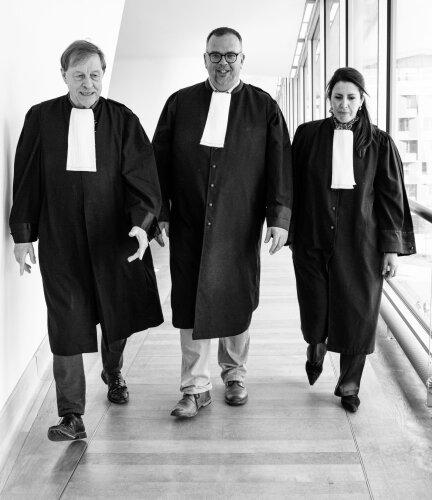Best Water Law Lawyers in Belgium
Share your needs with us, get contacted by law firms.
Free. Takes 2 min.
Or refine your search by selecting a city:
List of the best lawyers in Belgium
About Water Law in Belgium
Water Law in Belgium refers to the legal framework governing the ownership, use, protection, and management of water resources in the country. This includes surface water such as rivers and lakes, groundwater, public waterways, and the distribution of water rights among users. Belgium's Water Law is influenced by both national and regional regulations, given the country's complex federal structure. Flanders, Wallonia, and Brussels each have their own legislative competencies regarding water policy. The legal instruments address issues like water pollution, licensing for water extraction, flood prevention, and public access to water bodies, ensuring sustainable water management for people and the environment.
Why You May Need a Lawyer
There are several situations where legal advice in Water Law may be necessary. People and businesses often seek the guidance of a Water Law specialist when facing disputes over water rights, challenges related to pollution or contamination, conflicts arising from water use restrictions, or during the process of applying for permits. Landowners, farmers, developers, and industrial operators may encounter Water Law issues when engaging in activities like drilling wells, extracting groundwater, pond construction, or wastewater discharge. Additionally, individuals or companies affected by flooding or changes in river courses often need help navigating compensation claims or public liability questions. A lawyer experienced in Water Law can help clarify your rights, represent you in legal proceedings, and ensure compliance with both regional and federal regulations.
Local Laws Overview
Belgium has a layered approach to Water Law, with significant regional variation:
- Regional Authority: Flanders, Wallonia, and Brussels each have their own policies and regulatory bodies responsible for managing water use, protection, and infrastructure. This means that rules and procedures can differ depending on where the issue is located.
- Permits and Licensing: Permits are usually required for the extraction of surface water or groundwater, construction near water bodies, discharging wastewater, and other water-related projects. Criteria vary by region.
- Water Quality Standards: There are strict legal requirements on water quality, influenced by EU directives such as the Water Framework Directive. Discharge of pollutants is tightly regulated to protect public health and the environment.
- Flood Management: Laws exist at both the federal and regional level to address flood prevention, emergency response, and liability. Spatial planning and construction near rivers or flood-prone areas are subject to limitations.
- Public Waterways: Many rivers and canals are public property, with specific rules regarding their use, navigation, and maintenance.
- Dispute Resolution: Conflicts between water users may be settled through administrative procedures, negotiation, or by the civil courts, depending on the nature of the issue.
Frequently Asked Questions
What is considered a water right in Belgium?
A water right refers to the legal authority to use a certain amount or type of water from a particular source, such as a river, lake, or underground aquifer. These rights may be regulated by regional authorities and typically require a permit.
Do I need a permit to dig a well or extract groundwater?
Yes, in most cases, extracting groundwater or digging a well requires a permit from the relevant regional authority. There are strict conditions and technical requirements depending on the location and intended use.
Can I discharge wastewater into rivers or canals?
Discharging wastewater into public waterways is highly regulated. Permits are required, and the discharged water must meet specific quality standards set by regional and federal law to protect human health and aquatic ecosystems.
What should I do if my property is affected by flooding?
If your property suffers flood damage, you may be entitled to compensation or assistance from public or insurance sources. Reporting the incident to your insurer and local authorities is important. Legal advice can help with claims or disputes.
How are conflicts over water use between neighbors resolved?
Disputes can be addressed through negotiation, mediation, or by bringing a case before civil courts. Sometimes, administrative bodies may intervene, especially when water rights or public interests are involved.
Are there restrictions on building near rivers or lakes?
Yes, strict zoning and planning regulations apply to construction in proximity to water bodies. These are designed to protect natural habitats and reduce flood risk. Necessary authorizations must be obtained before starting any building activity.
What are the penalties for violating Water Law regulations?
Violations can result in administrative fines, legal action, remediation obligations, or even criminal prosecution, especially in cases of serious environmental harm or repeated offenses.
Who manages public rivers and canals in Belgium?
Public rivers and canals are managed by specific agencies at the regional level. For example, De Vlaamse Waterweg oversees many waterways in Flanders, while Service public de Wallonie manages those in Wallonia.
How do EU rules affect Water Law in Belgium?
European Union directives, especially the Water Framework Directive, play a central role in shaping Belgian Water Law. They set baseline requirements for water quality, ecological protection, reporting, and integrated management.
Can industrial users obtain special rights or concessions?
Industrial and agricultural users can often obtain specific permits or concessions for water extraction or discharge. However, these are subject to strict approval processes, ongoing monitoring, and compliance with sustainability standards.
Additional Resources
If you require more information or guidance regarding Water Law in Belgium, the following resources may be helpful:
- Regional Environmental Agencies: Contact the Flemish, Walloon, or Brussels environmental departments for information on permits, regulations, and complaints procedures.
- Federal Public Service Health, Food Chain Safety and Environment (FPS Health): Provides federal policies and coordinates EU compliance efforts.
- Belgian Environmental Law Associations: Non-profit groups offer support, guidance, and sometimes legal assistance on water management, environmental protection, and sustainability.
- Local Municipal Offices: Can advise on zoning regulations, building permits, and local water management issues.
- Ombudsman Services: Regional ombudsman offices can mediate complaints between citizens and public bodies related to water services and infrastructure.
Next Steps
If you believe you need legal assistance concerning Water Law in Belgium, consider the following steps:
- Gather all relevant documentation, including permits, official correspondence, maps, and evidence of the issue.
- Identify the regional authority responsible for your case to ensure you follow the appropriate procedures.
- Consult a lawyer who specializes in Water Law or environmental law. Many offer an initial consultation to assess your situation.
- If applicable, contact regional environmental agencies or municipal offices for preliminary guidance.
- If a dispute arises, consider whether mediation, administrative appeals, or litigation is appropriate for your circumstances.
Expert guidance can help protect your rights, manage risks, and achieve the best outcome in matters involving Belgian Water Law.
Lawzana helps you find the best lawyers and law firms in Belgium through a curated and pre-screened list of qualified legal professionals. Our platform offers rankings and detailed profiles of attorneys and law firms, allowing you to compare based on practice areas, including Water Law, experience, and client feedback.
Each profile includes a description of the firm's areas of practice, client reviews, team members and partners, year of establishment, spoken languages, office locations, contact information, social media presence, and any published articles or resources. Most firms on our platform speak English and are experienced in both local and international legal matters.
Get a quote from top-rated law firms in Belgium — quickly, securely, and without unnecessary hassle.
Disclaimer:
The information provided on this page is for general informational purposes only and does not constitute legal advice. While we strive to ensure the accuracy and relevance of the content, legal information may change over time, and interpretations of the law can vary. You should always consult with a qualified legal professional for advice specific to your situation.
We disclaim all liability for actions taken or not taken based on the content of this page. If you believe any information is incorrect or outdated, please contact us, and we will review and update it where appropriate.
Browse water law law firms by city in Belgium
Refine your search by selecting a city.














